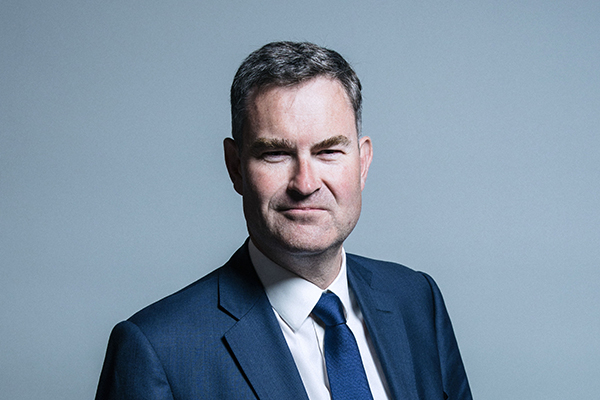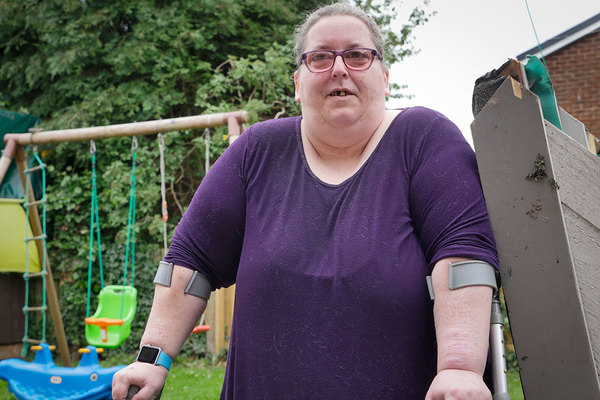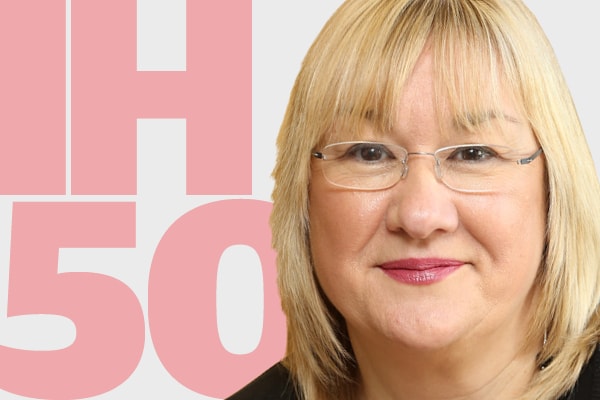You are viewing 1 of your 1 free articles
Councils in Universal Credit areas dig deeper into DHP funds
Councils are having to dig deeper into their Discretionary Housing Payment (DHP) funds to help residents affected by welfare reforms and homelessness.
Inside Housing contacted councils in areas where the Universal Credit full service has been rolled out to ascertain how the major welfare reform alongside the lower benefit cap is impacting councils’ DHP budgets.
Twenty councils responded, with 19 reporting they had spent more at this point in the year compared with the same timeframe in 2016/17.
The Department for Work and Pensions made £16.5m extra DHP funding available this year to cover the increased cost of helping people hit by the lower benefit cap.
However, several councils told Inside Housing they were spending their DHP funds on residents who had moved on to Universal Credit or for extra support for people threatened with homelessness, alongside those hit by the lower benefit cap.
Hammersmith and Fulham Council has already spent £786,420, which is 92% of its allocation from the government, with four months left of the financial year. This compares with £577,000 spent at the same time last year, which was 64% of its allocation.
Poole Council has more than doubled the amount of DHP spent compared with last year, with £232,224 paid out to date compared with £104,096 in 2016/17.
Solihull Council has spent £137,000 of its DHP so far this year, a 12% increase on the previous year. A council spokesman said the increase is due to more money being paid out to tenants on Universal Credit to “offset rent arrears accrued by the wait period” and extra support for people threatened with homelessness.
Some councils are also expecting to overspend on their DHP allocations. Sedgemoor Council expects to spend £244,726, an overspend of more than £6,000 of its allocation. It attributes this increase to the benefit cap and Universal Credit.
Fiona Colley, cabinet member for finance, modernisation and performance at Southwark Council, said the council will put more than £1m of its own money into topping up the government’s DHP allocation but added this is a “small sum set against the value cuts to welfare spending at household level and means we can do little more than blunt some of the very sharpest edges of welfare reform impacts".
A DWP spokesman said: “Our welfare reforms incentivise work as that’s the best way to help people improve their lives, and employment is at a record high.
"Since 2011 we have made £900m available to local authorities for people who need extra support. Our figures show the majority of local authorities stay within their DHP allocation.”













